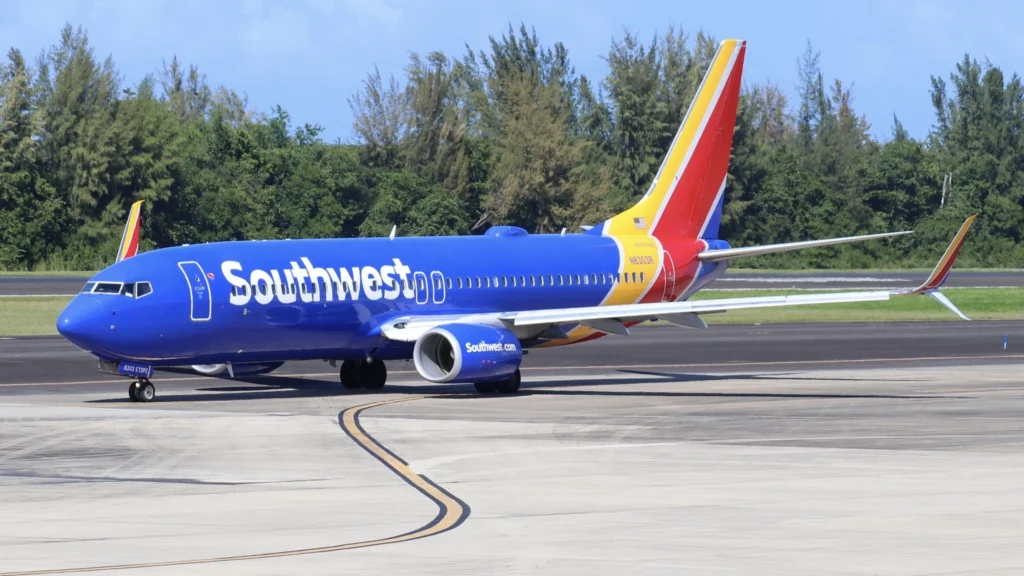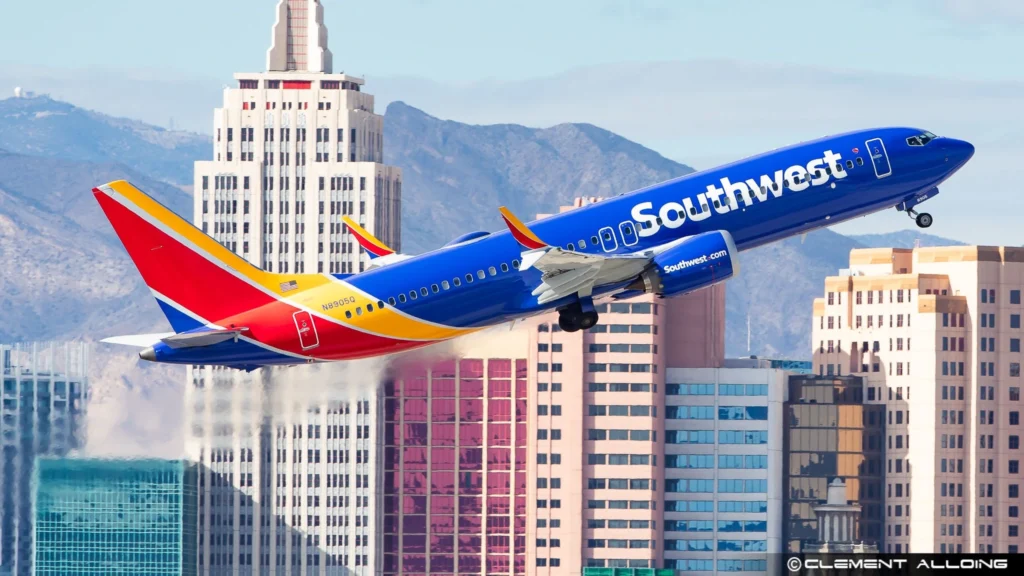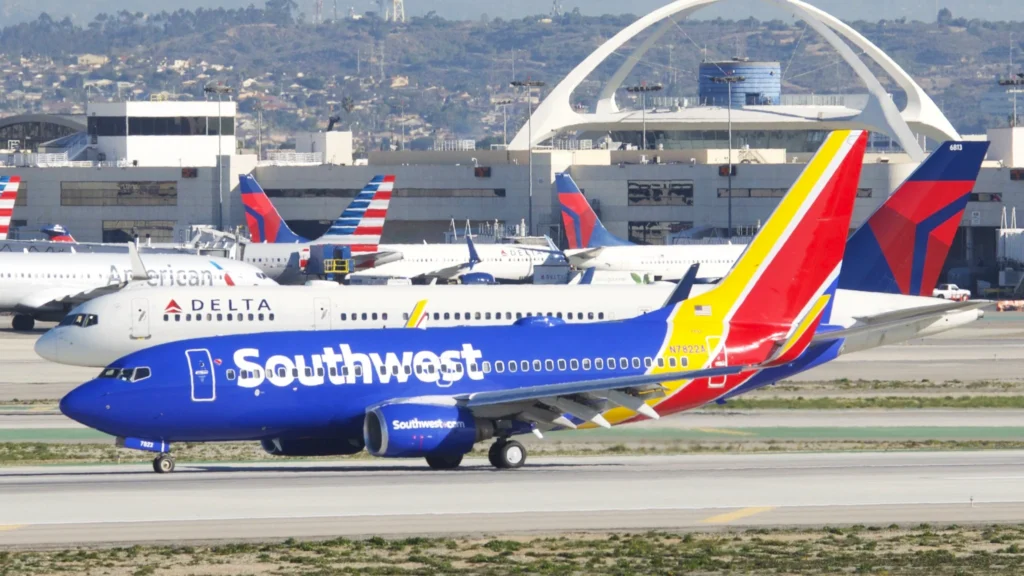
DALLAS- Southwest Airlines (WN) is facing a class action lawsuit in Washington (SEA) after passengers accused the carrier of sending misleading promotional emails with “fake” deadlines that created unnecessary urgency.
The lawsuit, filed by King County resident Karleasa Mitchell, claims the airline violated state law by repeatedly sending out marketing messages that pressured travelers with false cut-off dates, only to extend the offers the very next day.
 Photo: Tim | Flickr
Photo: Tim | FlickrSouthwest Airlines Fake Lawsuit
The case centers on the Washington state Commercial Electronic Mail Act (CEMA), which bans companies from sending emails to residents with false or misleading subject lines.
Mitchell argues that Southwest Airlines knowingly used these tactics to induce fear of missing out, driving passengers to act quickly on limited-time promotions.
A key example cited in the 15-page complaint involves a February 2025 campaign. Southwest sent an email on February 18 promoting a special Companion Pass offer that appeared to expire on February 20.
On the final day, Mitchell received another email warning that it was the “LAST DAY” to secure the pass. Yet on February 21, the airline sent a follow-up message saying the offer had been extended, undermining the urgency it had stressed.
Mitchell’s legal team argues that this practice wasn’t an isolated event but a recurring marketing strategy. By manipulating deadlines, the airline allegedly created an illusion of scarcity, pushing consumers into rushed decisions they might not otherwise make, PYOK reported.
 Photo: Clément Alloing
Photo: Clément AlloingWhat the Plaintiff Seeks
Mitchell makes clear that the lawsuit isn’t about avoiding Southwest’s promotional messages altogether. Instead, she states she would like to continue receiving truthful information from the airline without being misled by exaggerated subject lines.
The core issue, according to her complaint, is that passengers cannot distinguish between genuine offers and emails designed to mislead.
The proposed class action would represent all Washington state residents who received such marketing emails from Southwest. The suit seeks statutory damages of $500 per violation for every eligible class member.
 Photo: Aero Icarus | Flickr
Photo: Aero Icarus | FlickrLegal Background and Precedent
This isn’t the first time CEMA has been tested in court. A similar class action was brought against Old Navy over emails advertising “limited-time” deals that continued well past their stated deadlines.
That case reached the Washington Supreme Court, which ruled 5-4 that CEMA applies broadly, banning any false or misleading subject lines—not just those hiding the commercial nature of an email.
Southwest Airlines has not yet issued a public response to the lawsuit. Legal analysts note that the Old Navy case sets a precedent that may complicate the airline’s defense.
If successful, the lawsuit could reshape how Southwest and other U.S. carriers design promotional campaigns. Airlines frequently rely on limited-time offers to fill seats quickly, but this case may draw sharper boundaries around what is legally permissible.
Beyond financial penalties, a ruling against Southwest could push carriers to rethink urgency-driven marketing tactics that risk being classified as deceptive.
Stay tuned with us. Further, follow us on social media for the latest updates.
Join us on Telegram Group for the Latest Aviation Updates. Subsequently, follow us on Google News
Southwest Airlines Pilot Arrested for Being Drunk Before Flight | New Update
The post Southwest Airlines Faces Lawsuit Amid Fake Marketing Emails appeared first on Aviation A2Z.


















